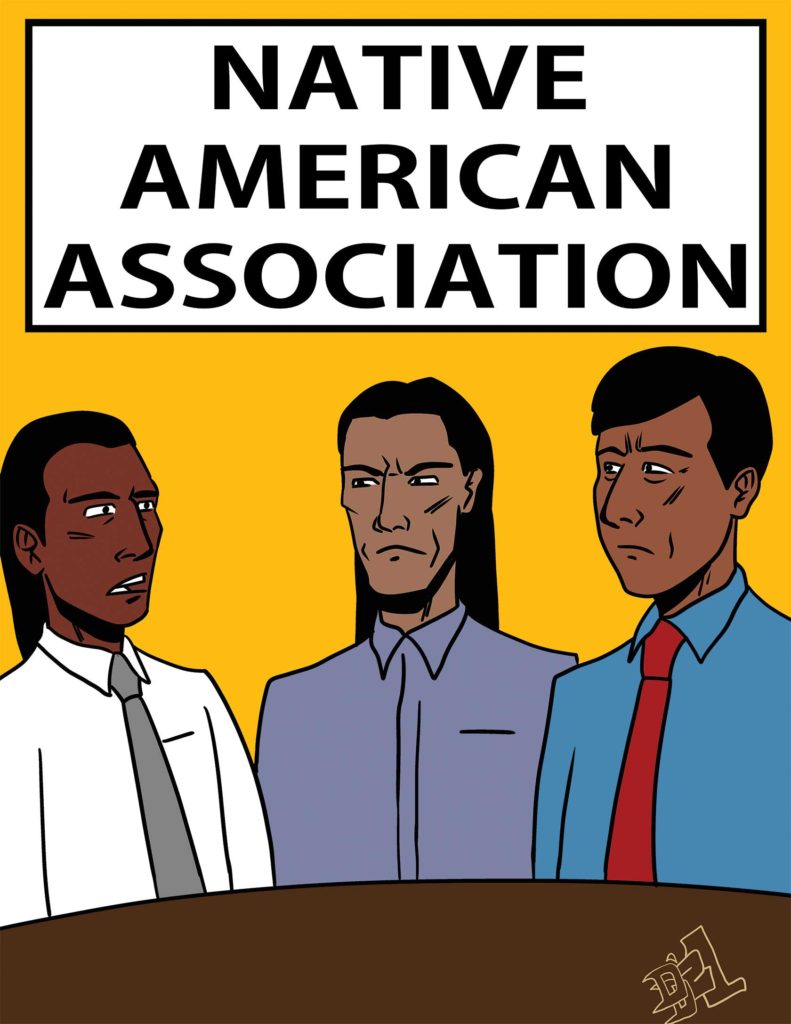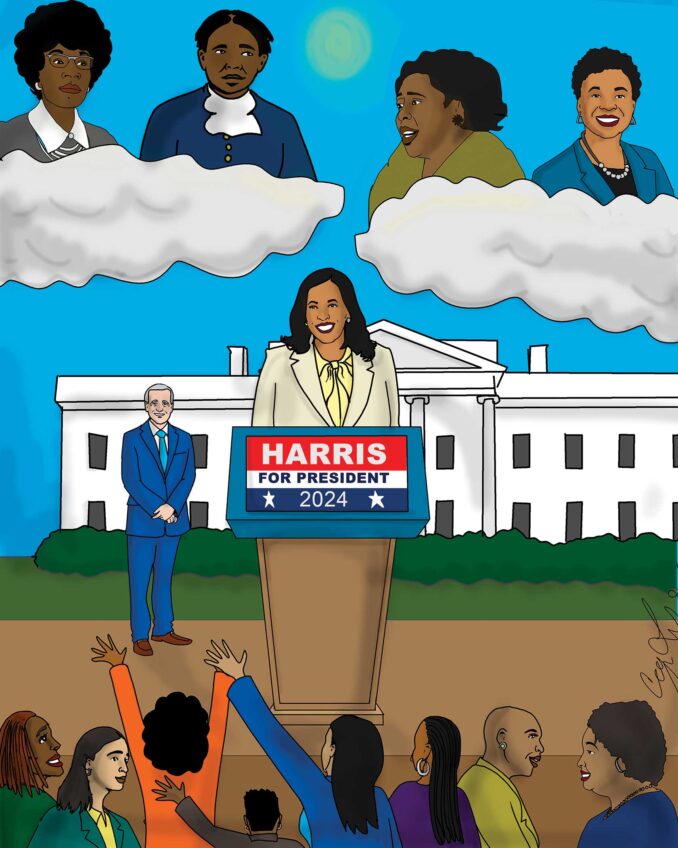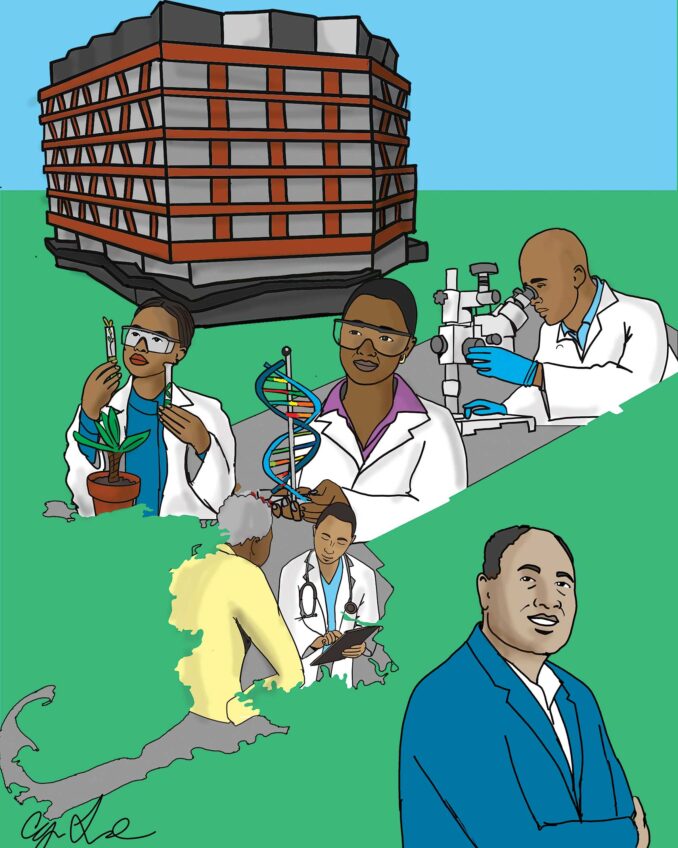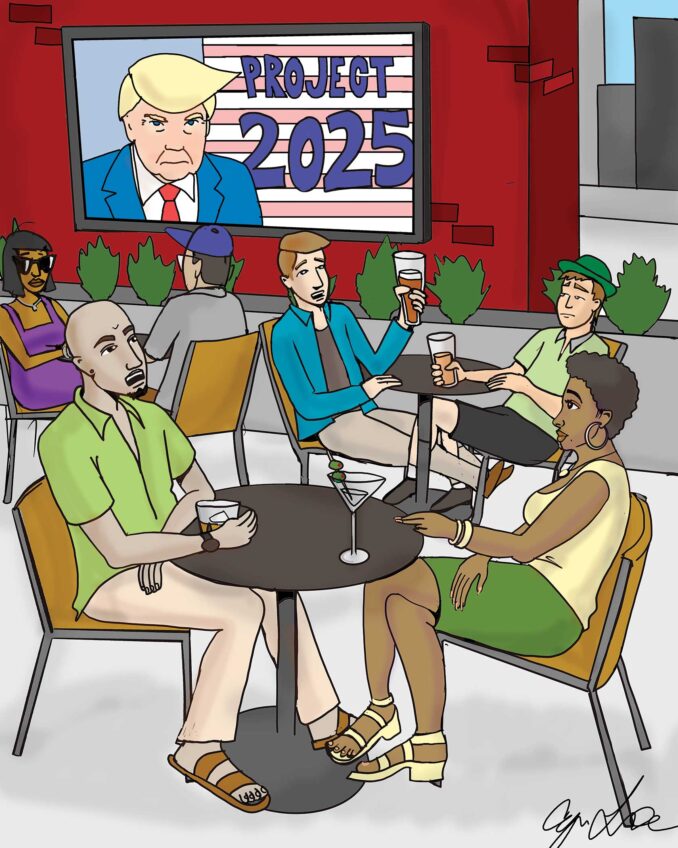
In the latter part of the 18th century, the Continental Congress established schools essentially to erase the culture of Native Americans. The objective, according to a report in The New York Times, was to neutralize their hostility so they would be less effective in battle against the American soldiers.
The article is a doleful account of how Navajo were forbidden to speak their own language or wear their own style of clothing. The loss of their customs created a psychological block, according to the report, that caused many tribal members to find relief in alcoholism. Teachers must have noticed the deterioration of their students’ self-esteem as time wore on.
There have been similar stories in The Times about the deracification of Native Americans in boarding schools in Canada. Those becoming aware of this history must wonder what Americans thought would be the psychological result for the Native Americans in their boarding schools.
One fact is relatively clear. There was little intention in the U.S. to integrate so-called Indians as full-fledged members of American society. While the 14th Amendment of the U.S. Constitution, which became law in 1870, granted citizenship to everyone born in the country, Native Americans did not attain that status until passage of the Snyder Act in 1924. Even then, some states denied Native Americans full citizenship under state law.
In 1830, Native Americans living in Georgia, Alabama, Tennessee, North Carolina and Florida were forced by local governments to leave their ancestral homes and trek hundreds of miles to the Indian Territory. The Cherokee, Creek, Choctaw, Chickasaw and Seminole became known as the Five Civilized Tribes that relocated to what became Oklahoma. They were forced to move to enable whites to procure the Indians’ lands to grow cotton.
Despite these practices, the U.S. Supreme Court ruled in Worcester v. Georgia (1832) that so-called Indian tribes were sovereign nations, and local laws had no impact on them. Nonetheless, President Andrew Jackson refused to enforce the ruling and the Native Americans were still forced from their lands.
In 1907, Oklahoma became the 46th state. It included within its borders much of the land that belonged to Native Americans as part of their reservations. While Americans first dislodged Native Americans from their lands in the South to make way for cotton farms, the lands in the Indian Territory that became part of Oklahoma were found to be rich in oil.
As one might expect, white Oklahomans then behaved as though local government was applicable on the Native American reservations. However, a U.S. Supreme Court decision of only a year ago, July 9, 2020, made it clear that much of the area in Oklahoma belongs to Native American tribes as their reservations, and even state criminal law is not binding there.
That is not the only problem created by the McGirt v. Oklahoma opinion. There is a question of whether the Native American tribes were appropriately compensated for drilling for oil on their reservations. Also, there is an issue of the private acquisition of reservation real estate. Since much of Tulsa is the reservation of Muscogee Creek Nation, did the Oklahoma government cause a financial loss to the tribe by the race massacre in the Greenwood section of Tulsa?
The emergence of COVID-19 has been destructive to the development of other important issues. It appears that Native Americans may have substantial grounds for reparations for the violence and financial losses they have suffered. And more advantageous than U.S. slavery, the violations are more recent. But so much is involved that it is unrealistic to expect much progress until there is an abatement of the pandemic.






